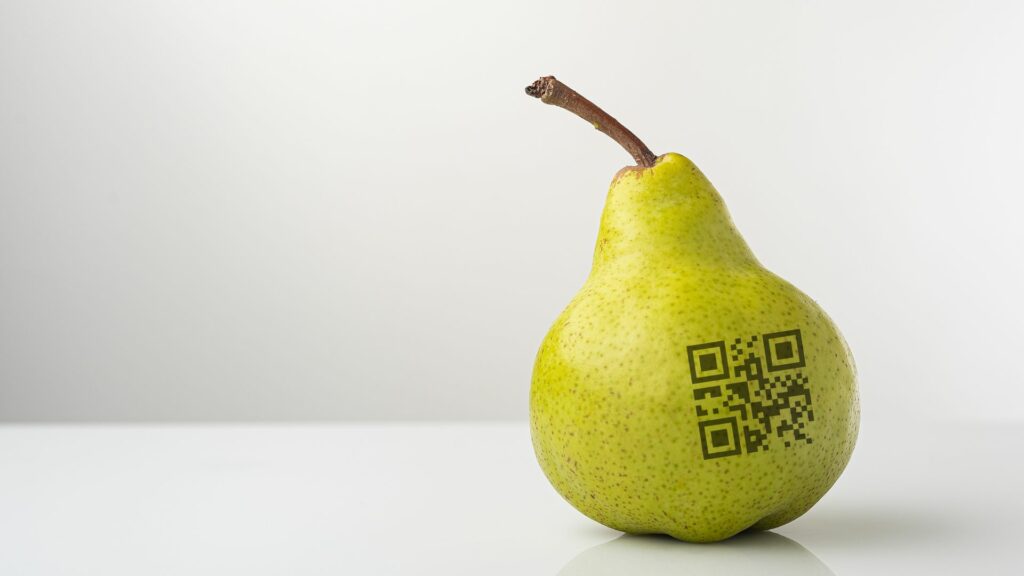You may have already noticed that some fruits and vegetables sold in supermarkets are label-free. Instead, the barcode is printed directly on the skin, like a tattoo. This is a technique from Sweden called "natural branding" which aims to reduce waste and has gradually imposed itself in European supermarkets, RTBF reports.
Relatively new, this technique consists of laser printing food information on produce for consumers to consult before checkout. It was invented by the Dutch company Eosta and tested for the first time in a Swedish supermarket in 2016.
The technique involves laser printing the barcode by removing a tiny amount of pigment from the outer layer of the fruit.
Nearly 50 million labels
The objective of natural branding is to reduce plastic pollution generated by the manufacture of self-adhesive labels traditionally affixed to these foods. And the method seems to be working. Since its implementation, natural branding has replaced nearly 50 million plastic labels, according to estimates by Eosta.
"Organic products must be legally recognisable as such by consumers,” the company’s press release stated. “Unfortunately, this means that many supermarkets choose to package and/or label organic products while conventional products are sold by the piece."
According to Eosta, the savings in plastic packaging achieved through natural branding would amount to "500,000 kilograms of plastic, 216,000 square metres of paper and 2.2 million kilos of CO2 emissions".
Related News
- Good riddance to rubbish: EU proposes new rules to reduce packaging waste
- Cosmetic sector moving away from plastic as refill sales boom
Natural branding has also been deployed in France since the ban on sticking plastic labels directly on fruits and vegetables came into force on 1 January 2022, as part of the anti-waste law for a circular economy.

